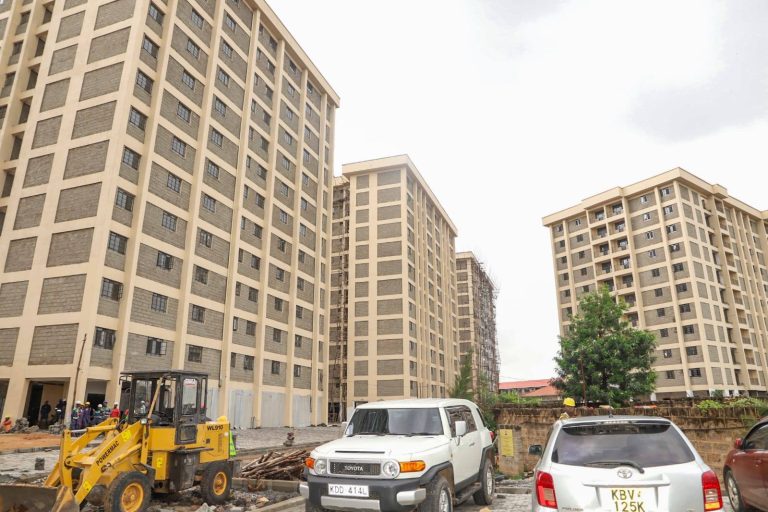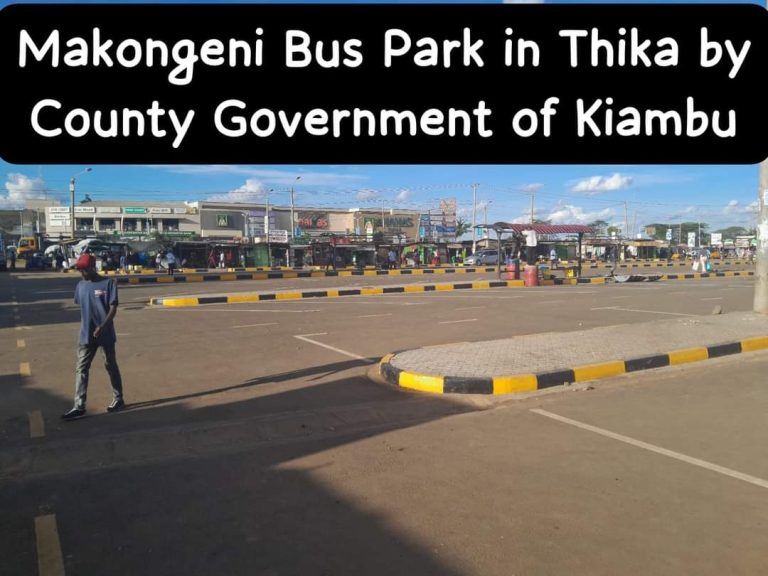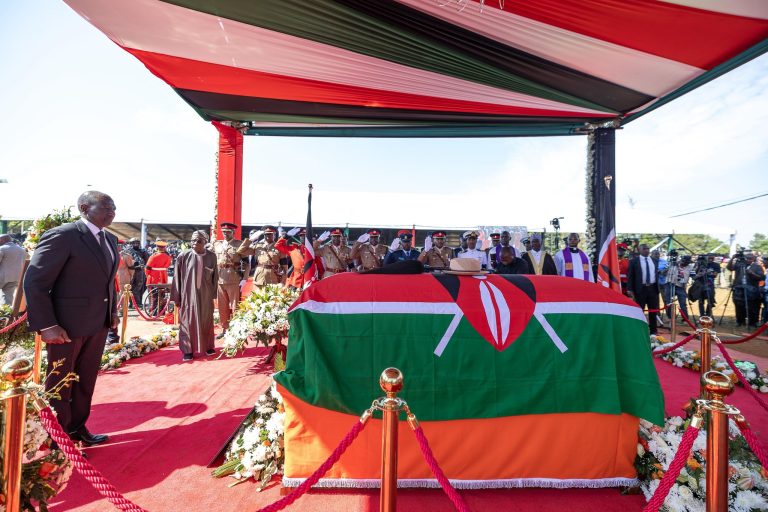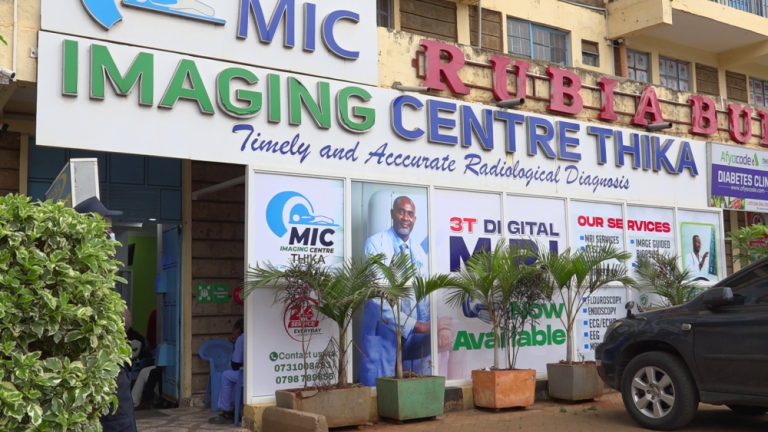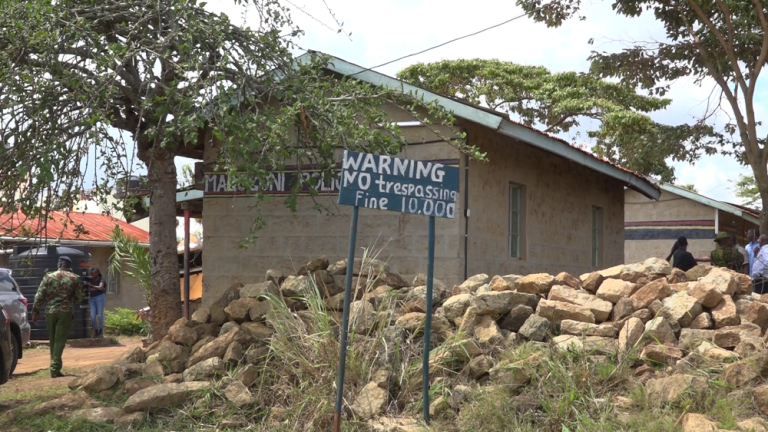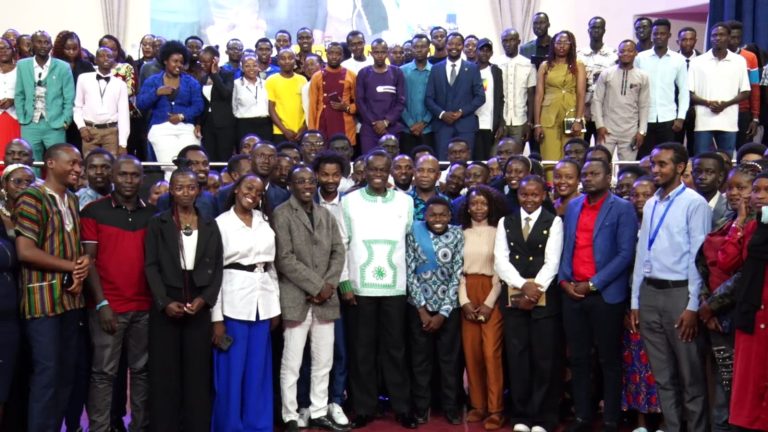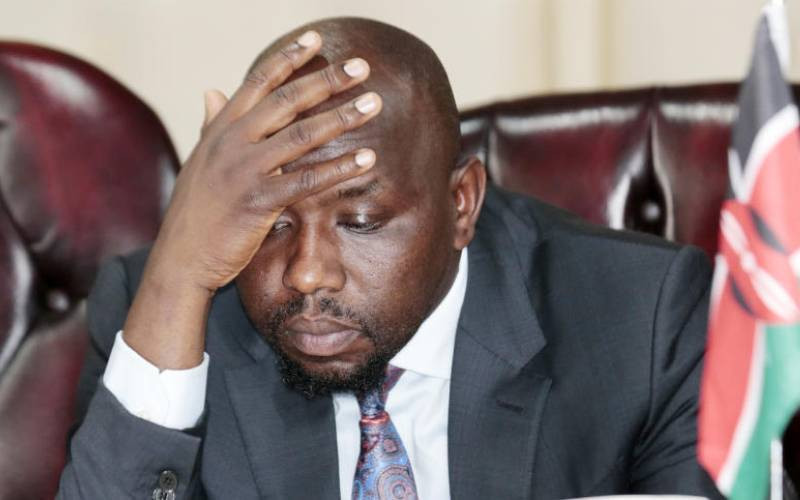
CS Interior Kipchumba Murkomen
Murkomen Unveils Sweeping Overhaul of Kenya’s Police Service
Transport and Infrastructure Cabinet Secretary Kipchumba Murkomen has unveiled a sweeping reform agenda targeting Kenya’s police service, with a strong emphasis on accountability, transparency, and public trust.
At the heart of the reforms is a directive requiring all 1,209 police stations in the country to install functional CCTV systems within the next two years. The cameras will allow for live monitoring by the Officer Commanding Station (OCS), with all footage securely stored for future reference. The move aims to deter misconduct and support investigations, especially in cases involving abuse or assault within police premises.
Murkomen emphasized that all such incidents must be reported within an hour, underlining the urgency of transparency and timely accountability.
To back the surveillance initiative, legislation is in the works to criminalize the tampering or deletion of CCTV footage. This is part of a broader plan to digitize police operations, including the introduction of electronic Occurrence Books (OBs). The digital OBs will enable real-time tracking, auditing, and verification of reports filed at police stations, making data manipulation far more difficult.
In tandem with technological upgrades, Murkomen announced the rollout of continuous professional training for police officers, beginning with OCSs. These senior officers will undertake specialized courses on constitutional law, ethics, and human rights-based policing. The training program is designed to align police conduct with Article 244 of the Constitution, which demands professionalism, discipline, and respect for human rights.
“We are launching regular training to enhance ethical standards and service delivery,” said Murkomen, noting that collaboration with Parliament and the National Treasury is ongoing to secure sustainable funding despite current budget constraints.
The reform package also includes a stronger focus on community policing. Officers will be required to work more closely with religious institutions, civil society, and local groups to build mutual trust. These partnerships will be regularly reviewed, and stations demonstrating exemplary service will receive national recognition and rewards.
Regular independent audits of police operations are also planned, aimed at assessing performance, identifying systemic issues, and improving service delivery.
Despite the ambitious nature of the reforms, Murkomen finds himself under mounting public pressure following the controversial death of blogger Albert Ojwang while in police custody. Activists and citizens have called for Deputy Inspector General Eliud Lagat to step aside as investigations continue.
While social media buzzes with calls for nationwide protests on Tuesday, Murkomen has urged for due process to take its course, maintaining that legal mechanisms must be followed.
“These reforms are not just about equipment or systems; they are about changing the culture within our police service,” Murkomen said, reaffirming his commitment to deep structural transformation in law enforcement.

